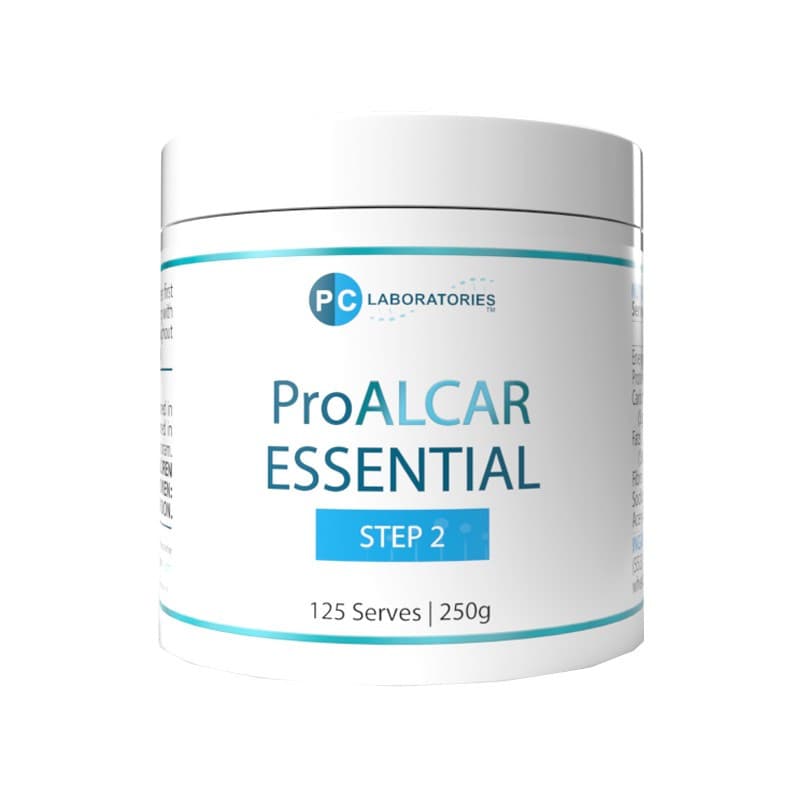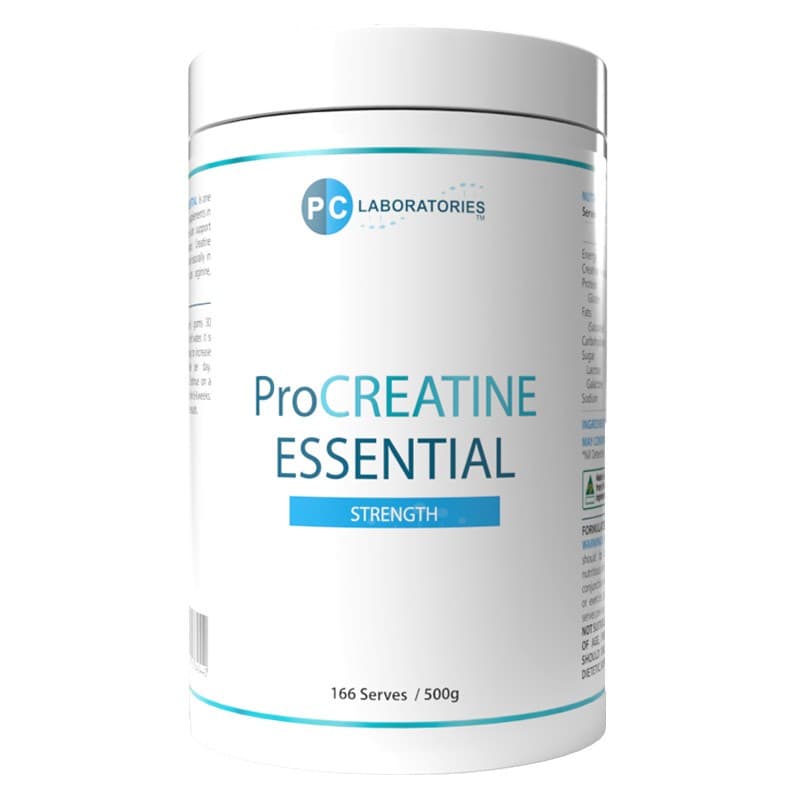FBO FAQ: What’s the difference between Creatine and Carnitine?
Let us explain! Creatine and Carnitine are often mixed up by our Burners – So today we are going to give you a quick run-down of the difference between the two and an in depth explanation of what Creatine is and how you can use it to build strength and lean muscle tone effectively.

What is Carnitine?
Suitable for those with a Goal of Fat Loss, maintaining muscle and/or improving Focus during the day & during training.
Shop ProALCARYou can learn more about it’s mechanism as a fat burner with Paulie G’s helpful video here: https://fbo-stage-presta.datasolution-aspac.site/blog/acetyl-l-carnitine-burn-fat-not-muscle--n85

What is Creatine?
Creatine is one of the longest standing supplements out there and has been used by fitness professionals for years. It has had multiple scientific studies done to prove it’s efficacy and to determine the best dosage protocol. It is also flavourless and ridiculously cheap per serving!
Shop ProCreatineSuitable for those with a Goal of increasing lean muscle mass, increasing strength and endurance.
Also, worth noting for our dedicated Burners, when you are taking a creatine supplement, you can expect to hold a little more fluid and water below the skin so don’t be alarmed if you feel a little bloated or watery during your creatine cycle. This water weight will disappear within a week of stopping usage.
What does Creatine Do?
Basically, Creatine gives its user more power, strength and endurance through enabling greater ATP (energy) stores in human muscle tissue. It’s not going to improve your one rep max immediately, however, it will delay fatigue so you can press out the extra reps at the end of your first and mainly second, third and fourth sets. It is these final reps that build muscle and create the micro tears in muscle tissue needed to enable growth. That’s why Creatine supplementation works so well for lean muscle building. Likewise, in sports performance, it will improve stamina in running, jumping, etc. It will not however, increase power in the first ‘run’ or ‘jump’ but the over time, performance will remain at a higher level than if the athlete was attempting to train or compete without Creatine.
How to take Creatine?
When first taking Creatine one should ‘stack’, for the first five days. That is take 20 grams of Creatine spaced out over 4 servings. That’s one slightly heaped teaspoon (5 grams) four times a day, this will allow the Creatine to saturate the muscles and get the athlete to the point where they simply need maintenance. After the ‘stacking’ period, one teaspoon a day should be sufficient. If an athlete is extremely active or very large (90kg+) more can be consumed. The athlete should cycle Creatine, for a period of 4-6 weeks with a ratio of 3:1. For every three days on the cycle take one day off during the rest period (eg. 6 weeks on, 2 weeks off). This will allow the body to reset and prevent the body getting used to Creatine and ‘negating’ the effect of future Creatine supplementation due to continued use.
While there are many types of Creatine available nowadays on the market, the original studies on Creatine were done on the Monohydrate form. This dosing protocol is based on using a pure Creatine Monohydrate.
When should I take my Creatine?
The old school of thinking was to take Creatine just before a workout. Recent studies have shown this to be a bad idea. Firstly, Creatine draws moisture away from organs and this is not a good condition to train in. Secondly, unless the muscles are warm (like directly after training), Creatine absorption is largely reduced. Thirdly, Creatine is stored in the muscles until it is needed for medium to strong muscle contractions, it is not necessary to have it before a workout as it will stay in the muscles till the next time you workout.
So basically, taking Creatine directly after your workout is the best time to maximise absorption and to not train with dehydrated organs!
What should I take my Creatine With?
Simply taking Creatine with water is near pointless, the absorption rate is very low and the Creatine will simply be excreted out of the body with little benefit. Creatine is best absorbed into the muscles via an insulin spike in the body. To create an insulin spike in the body a high GI carbohydrate is needed. Grape juice is the highest GI juice of around 60. This will work. The next is pineapple with around 55. However, the best carbohydrates for Creatine absorption are maltodextrin, waxy maize and dextrose, with GI factors of between 120-150 (maltodextrin being the lowest and waxy maize and dextrose being the higher). Therefore the best time to have Creatine is directly after a workout, with a protein shake & some carbs after a workout.
What NOT to take Creatine with
Do not take Creatine with or around citrus juice or fruit, especially orange juice. Citrus juice will turn creatine into Creatinine, a compound which is useless in the human body and is simply excreted.
What is the best type of Creatine to use?
As mentioned previously, all of the studies done on Creatine are using Creatine Monohydrate. The highest quality Creatine Monohydrate available is Creapure®. Creapure® is manufactured in Germany to incredibly high standards. The Creapure® Creatine Monohydrate is free from impurities such as Creatinine, Dicyandiamide, Dihydrotriazine, Thiourea.
While they are not fatally toxic impurities in partial doses, the long-term side effects of ingestion in humans is unknown as to the side effects. CreaPure® Creatine Monohydrate is free from these and naturally provides extra stores of Phosphocreatine to our muscle cells helping with power output and recovery. It’s also 100% Vegan as it is not derived from animal and herbal products and can guarantee that there will be no traces of these found in the product; this also means that is it Halal and Kosher certified.
You can find Creapure® Creatine Monohydrate in the ATP Science Creatine Monohydrate.
Thanks for reading Burners! If you have any questions on Creatine and whether it’s right for you! Send us an email via the contact page.






